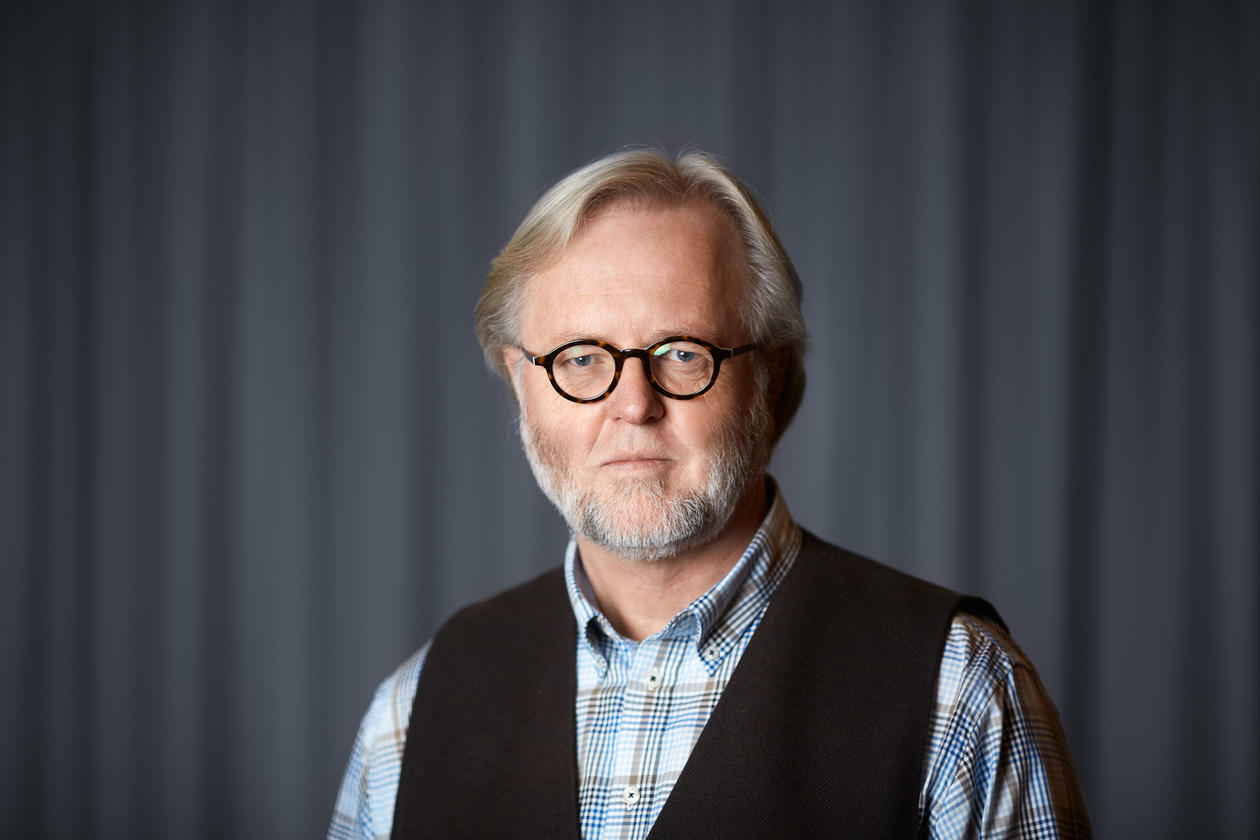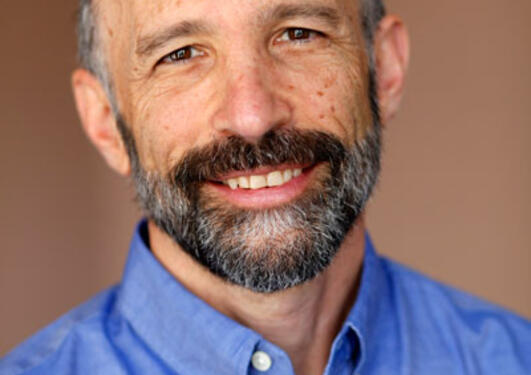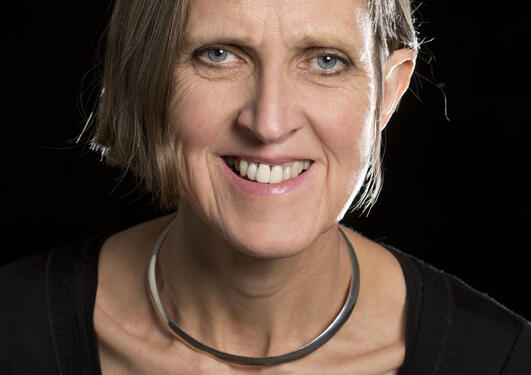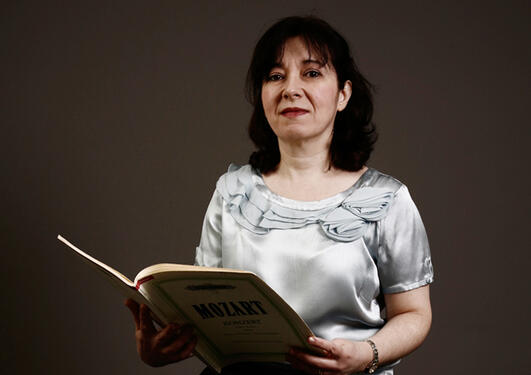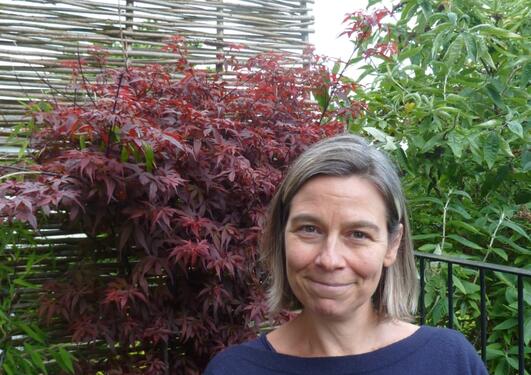Øivind Varkøy
A critical discussion of terms like ‘innovation’ and ‘impact’ in the field of music research
Main content
We live in a culture where everything is expected to be good for something, have a purpose, cause a result or a product, something that can be used by someone, in one way or another, at one level or another, be useful, preferably right now. The demand of usefulness – or relevance – applies in all areas, not only connected to music and other arts. We are wrapped in this way of thinking as something obvious and ‘natural’, and we ask for innovation and impact. “Humaniora-meldingen” (2017) from the Norwegian ministry of education for instance clearly expresses political demands for humanistic research with the aim of becoming more relevant than the ministry finds that we are today. The humanists will no longer potter around, wrapped up in oneself, but develop knowledge for the burning topics of the era, which, according to the ministry, are "Integration, Migration and Conflicts", "Technological development" and "Climate, Environment, and Sustainability." In this cultural and political climate, this presentation critically examines concepts (or buzzwords) like innovation and impact in the field of music research – related to terms like instrumentalism, technical rationality and ritual rationality.
Scandinavian cultural researchers claim that there has been an instrumentalisation concerning the concept of ‘culture’. Cultural politics is very often justified by being linked to economic growth. Art becomes the image of the nation's innovative audacity. ‘Culture’ becomes a means or an instrument for the production of adaptability, a pawn in a game of survival in the international market, it comes across even here as ‘a strategy for everything’. If you have a problem, be it in education, in health, in industrial or commercial life, the medicine is ‘culture’. ‘Culture’ is valued as an element in a technocratic social planning, an integral element in the large modern project of coordination. It is possible—and quite common—to see this general instrumentalisation as an expression of what is often called technical rationality. Technical rationality can be defined as a specific form for rationality focusing on the most efficient or cost-effective means to achieve a specific end. However, when politicians introduce music and culture for instance as a way to promote everything from economic growth to well-being and togetherness, they seldom base their schemes and thinking on research based knowledge that confirms the causality between the experiences of or activities within music (and culture) and the wanted outcome. It is relevant to claim that what we are dealing with is not knowledge-based policy making, but political beliefs. What we are facing are beliefs in the transforming powers of art and music. Music education policy as well as cultural policy is built on beliefs in the positive effects of artistic and cultural experiences in general and music education in particular. This logic is ritual. Ritual logic is based on the idea that music possesses magical powers that transform and heal.
In this tsunami of instrumentalism of technological and/or ritual character; what happens to the idea of the (relative) autonomy of art as a prerequisite for critique?
Key Questions
- What is ‘innovation’ in research in music, be it in musicology, music education, music therapy or artistic research? Is your research ‘innovative’?
- How do you find the demands for impact of your research? And – what is the ‘impact’ of your research?
Recommended Reading
- Dag Østerberg (2012): Nyttens begrensinger. I: Om nytte og unytte (red. Ø. Varkøy, Abstrakt forlag), s. 17-28.
- Sigrid Røyseng & Øivind Varkøy (2014): What is music good for? A dialogue on technical and ritual rationality. In: ACT. Action, Criticism & Theory of Music Education 13(1): 101–125. act.maydaygroup.org.
- Øivind Varkøy (2015): Pierre Bourdieu and the Autonomy of Art. The Idea of Art as Critique. In: Bourdieu and the Sociology of Music Education (eds. Burnard, Trulsson & Söderman, Ashgate), s. 143-158.
Biography
Professor in music education and head of research and Phd-education at the Norwegian Academy of Music. Visiting professor at Oslo and Akershus University College. Doctors Degree in Musicology, University of Oslo. Has previously been working as professor in musicology at Örebro University (Sweden). Special research interest in the philosophy of music education. Last publications: Musikk – dannelse og eksistens (Cappelen Damm Akademisk, 2017); “Pierre Bourdieu and the Autonomy of Art. The Idea of Art as Critique”, in: Burnard, Trulsson & Söderman (eds.): Bourdieu and the Sociology of Music Education (Ashgate, 2015); “Bildung. Between cultural heritage and the unknown, instrumentalism and existence”, in Fleming, Bresler & O’Toole (eds.): The Routledge International Handbook of the Arts and Education (Routledge, 2015); Frederik Pio & Øivind Varkøy (eds.): Philosophy of Music Education Challenged: Heideggerian Inspirations (Springer, 2015). Composer, productions with Morten Harket and Solveig Slettahjell – among others.
